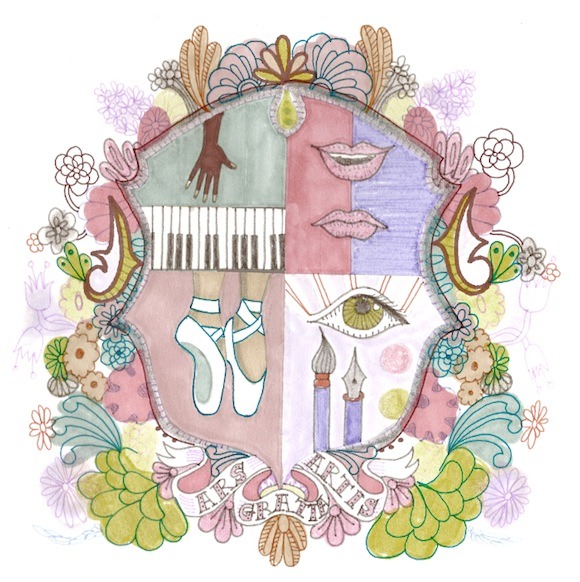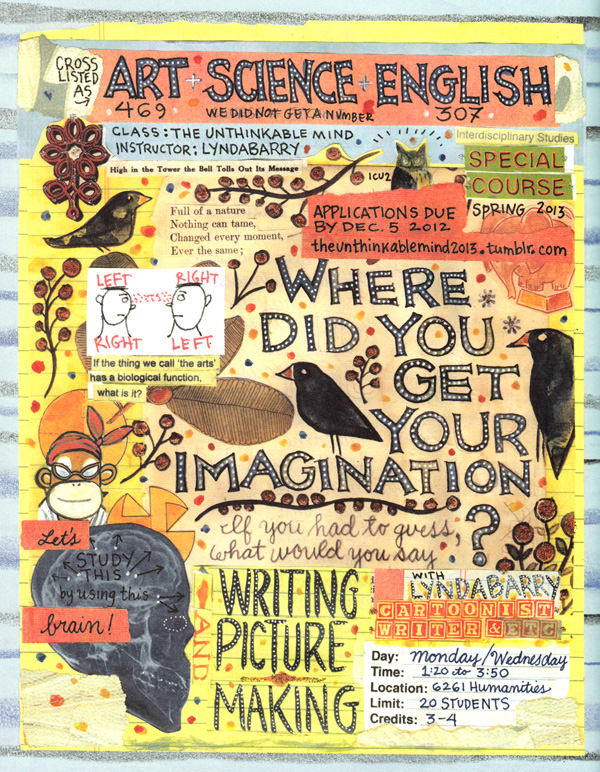
If you're in high school (or even in college), you understand what I'm going through: being barraged by tests that examine your test taking ability (why that matters is beyond me), being pressured to have the perfect combination of AP courses and extracurricular/leadership opportunities, and being crushed by the anxiety of trying to figure out exactly what I want to do for the rest of my life. It's kinda stressful sometimes (all the times) but I guess I can't complain...I'm not paying bills or doing boring grown-up things yet...
ANYWAYS
Because college applications begin in only a hundred-and-some days (AHHHH), my family decided it was time to start visiting some colleges to see what I like, where I want to go, and what I need to do to get there.
Thankfully, my dad is one of those people who does a ton of research beforehand and gets everything super planned out, so naturally he printed out 4 pages of important questions to ask and planned a week-long roadtrip which would involve us visiting 5 colleges and driving to Nashville and back. It was a great way to visit them because by the time we visited the last school, we knew exactly what to ask and look for, I had decided a general field that I was interested, and I knew exactly what I wanted in a school.
I thought that sharing what my parents and I learned with you guys would save you some time and aggravation, so I've compiled the 5 most important things to remember if you visit a college campus:
The first college visit I went to was last summer (when I was a rising junior). It was a random stop and we hadn't planned on a serious visit (neither my younger brother nor I were ready to start thinking about college) so we just wandered into the admissions building and, instead of a tour, just talked to an undergraduate admissions officer. She was a lovely lady but I could think of any questions and we left feeling like we knew nothing about the school.
Before we went on any visits this summer, local or otherwise, my dad compiled this list of questions based on what he, my mom, and I thought was important to know about any college. Some of the best resources on this tour are the students. Schools will tell you what you want to hear but you really need to dig deep. Chatting with someone who goes to the school will really give you some insight into college life. They could tell you something unique about the school, special programs, any funny stories, tips about passing certain classes, and tell you all the good restaurants. This way you know more beyond what a presentations shares.
I made sure that when we visited our first campus, I kept an open mind (mostly because I had harbored resentment towards it for being the big state school that everybody goes to), and ended up loving it. I thought I would hate hate hate the enormous campus and the 30,000 person student body, but I actually found out that I preferred it. I could see myself there. The next day, we visited an infinitely smaller school whose student body was only twice that of my public high school and whose campus was only 80 acres. I couldn't tell exactly what it was when I stepped on campus but I knew immediately that I didn't even want to apply there. On the drive home, my dad tried to pinpoint exactly what it was that turned me off to the school: it had everything I wanted! All I could come up with was that I didn't get the right vibe. Later, my older cousin told me that she decided not to apply because the buildings were too round. It seems like a silly and petty thing to judge a school with but your gut instincts will tell you more than a list of facts and data will ever tell you about the school (yet another reason to visit the school, not just blindly apply).
We almost missed the first tour we had signed up for, so we missed the information session that took place beforehand, and by the time we saw all of the humongous campus, we were tired and decided to skip the next session and go home. We've realized that we barely know anything about their admissions process because of it. While tours give you an opportunity to get a feel for the campus, the tours offer extremely valuable information about what it takes to get in there and, of course, the dreaded tuition price and how to make that slightly more manageable.
If you're like me, going into the process with little to no expectations, then it's hard to know how to judge the schools. Do I like that this school has only 6,000 students? What's the difference between an open and closed campus, and does that even matter to me? The best thing that I did was visit a 30,000 student school immediately followed by a 4,000 student school. I was able to understand what I did and didn't like about a big school as well as a small school. I could put my finger on what I wanted in a school. Even if a school isn't your dream school figure out what you like about each college/ what you don't like about it. Making a pro-con list of each school will help you narrow down the characteristics that you are really looking for in a school. This could include the environment, student life, social aspects, extracurricular opportunities, and academics. Finding a school with most the things you do like will make the experience that much better.
Back in the day, my dad applied to only 2 colleges and never visited either. Today that's considered absurd: the average student applies to probably around 10 schools (or at least that's about the average of everyone I've talked to). It's more or less a protection measure to make sure you get into at least one of those schools and maybe into some of the schools you have no intention of going to but would just like to be able to say you got in. Either way, after all the visits you do, it can be hard to remember which school said what and who had the nicest dining hall and who had the biggest dorms. I carried around a list of questions as well as a steno notepad around on every tour and wrote down the information that was important to me. A lot of it actually came from the information session, but the tours always offered helpful insight into the student experience.
 |
| How I feel about my steno |
Either way, the steno notepad has become very valuable to me. I have various contact information for tour guides if I ever have questions (I've shot around a few emails already), I know what scores I need to achieve when I retake the SAT and ACT this fall, and I know what kind of student each school is looking for. TAKING YOUR OWN NOTES IS MUCH BETTER THAN ASSUMING THE INFORMATION WILL BE ON THE WEBSITE BECAUSE IT ISN'T ALWAYS THERE.
One more semi-unrelated pro tip: Explore the area around the college
Besides the school buildings, make sure you check out what is around the school. Is there enough to do on campus or will I be bored to death? If so, are there places I can go and have fun? Restaurants, cafes, cinemas, and shops are always a good sign. If you're anything like me, you'll want to have plenty of things to do. Also check out the dining halls of the school, food is very important.
Hope this was helpful for rising seniors like myself!
xoxo
xoxo
Hannah
(My lovely bestie, Anastasia, also contributed to this post)












